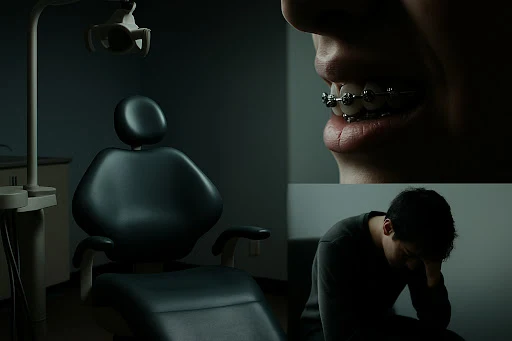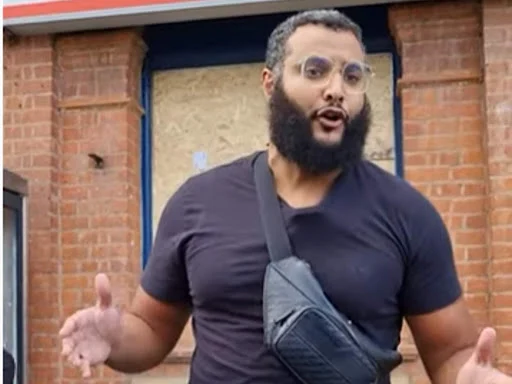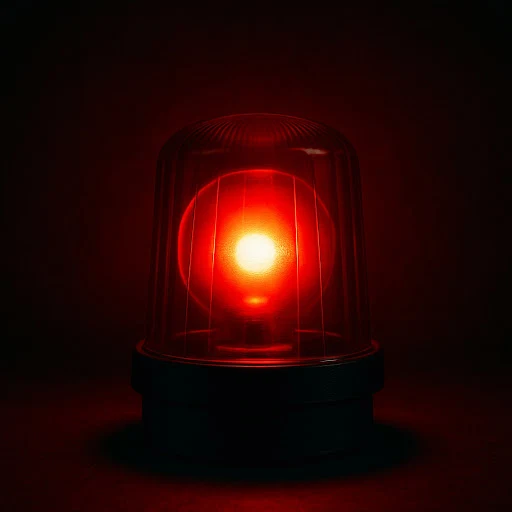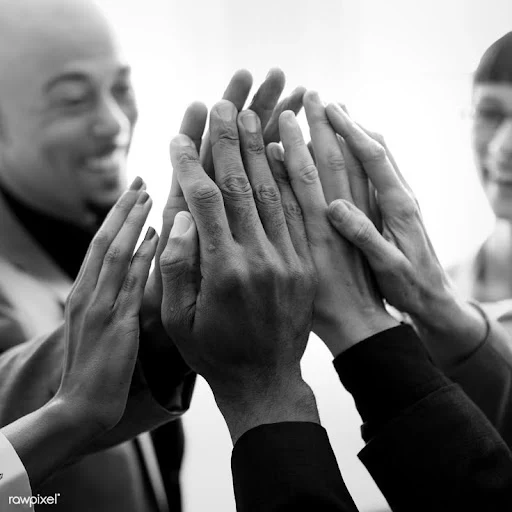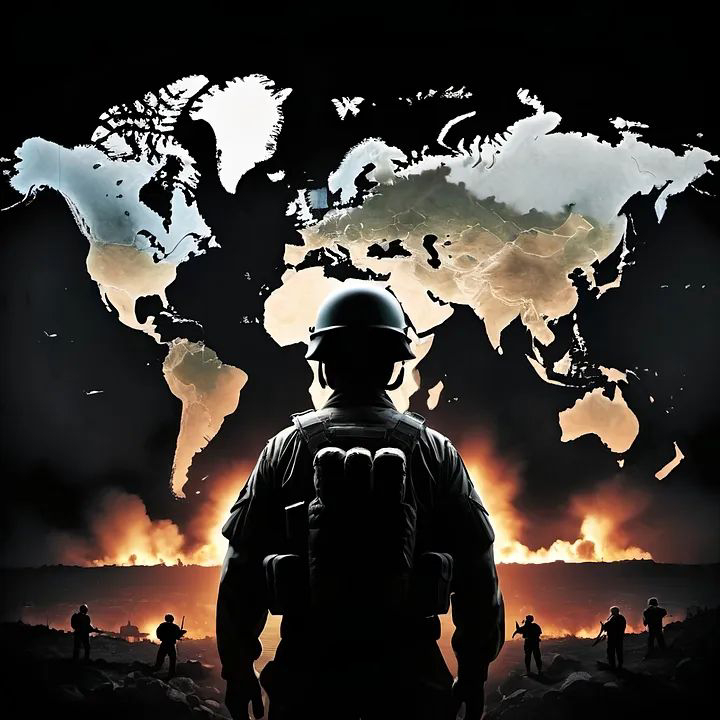– A Confession From a Grown Child With Trust Issues, One Friends, and a Passport to the Grocery Store Only
Let’s talk about something that needs to be addressed louder than my mom’s look of disapproval when I dare to breathe outside: Parental Overprotection. Some people grew up with "go outside and come back when the streetlights are on." Meanwhile, some of us grew up with “where are you going?” followed by an interrogation, a background check, and possibly a GPS tracker.
And no, I'm not exaggerating. Okay... maybe just a little. But still.
📍Exhibit A: My Social Skills Were Left in the Oven and Burnt
You know what happens when a kid isn’t allowed to go out, socialize, make mistakes, or even hang out at their cousin’s place without being looked at like they just declared a rebellion?
👉🏽 They grow up into me.
A 19-year-old girl who:
Feels weird asking for plastic at the store.
Has anxiety about greeting her own age group.
Can hold deep convos... but only if I’ve known you long enough to feel like you’re not a serial judge.
Has more confidence talking to 6-year-olds than her own peers (because kids don’t ask, “Why are you so quiet?”).
I am not shy. I’m socially malnourished.
🤔 But Wait, Isn’t That Just “Good Parenting”?
Let’s debate.
Some people say, “But it’s just protection. They love you!”
Cool. I get that. But love without freedom is a cage. You can’t raise a lion, feed it only kitten chow, and then get surprised when it can’t roar in the wild.
Let me go out. Let me fail. Let me come back with a dumb story and a sunburn. Let me meet friends I’ll regret (and later blog about). That’s how humans grow.
😩 When "Walking Around Too Much" = You're Doing Life Wrong
So picture this: I go to netball practice (healthy, social, outdoors). I come back. Then I go to the store for my mom (dutiful child points). Then I try to go see my cousin (someone with the same bloodline!) — and what do I get?
👀 The Look™️
The "you’ve had enough freedom today" look. The one that says, “Why are you not glued to the house like wallpaper?”
Ma’am. Please. I haven’t even lived.
🙃 The Plot Twist: I Still Want to Be Brave
I joke. I rant. I even laugh. But the truth?
I want to be confident. I want to have friends. I want to walk into a store like I own the place (instead of rehearsing my order 12 times in my head).
But you don’t get there by being locked in the house until your social battery is dead and buried.
💡 Final Thought: It’s Not Just About Me
There are so many kids, teens, and even adults who were raised like this and now walk through life unsure, hesitant, scared to take up space.
So to the overly strict, overprotective, overly suspicious parents:
We love you.
But also... please let us live before we have to Google how to make a friend at 30.
🧠 Let’s Argue:
Is strict parenting secretly damaging more than it protects?
Can overprotection count as emotional neglect in disguise?
Or am I just being “too sensitive” like y’all love to say?
Drop your comments. Unless you’re my mom. Then please just pretend you didn’t see this.
Disclaimer: Images used on this blog are for illustrative purposes only and remain the property of their respective owners. No copyright infringement is intended.



